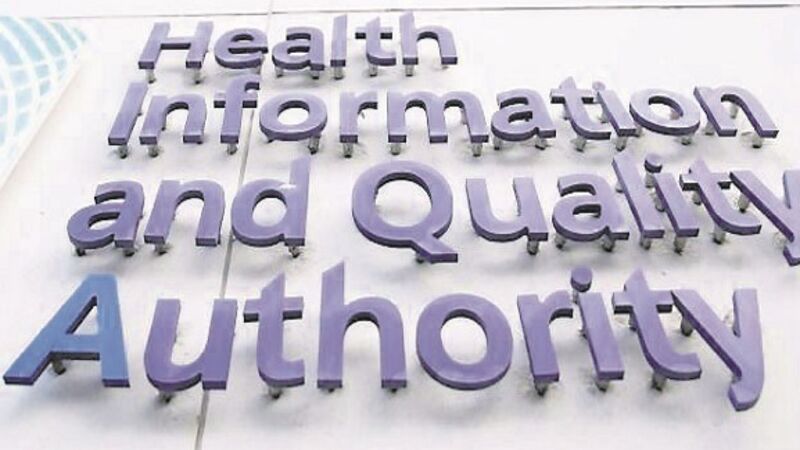Hiqa: Many residential centres for disabled do not meet standards

Its CEO, Phelim Quinn, also warned that many residential centres for people with a disability are still failing to meet the required regulatory standards, in particular regarding garda vetting for staff.
In his opening statement to the joint committee on health, Mr Quinn said currently there are just over 1,100 designated centres for people with disabilities, providing approximately 9,000 beds, and 26% of these designated centres remain to be registered. Of those, 209 are governed and provided by non-statutory providers, while 71 centres are run by the HSE.













